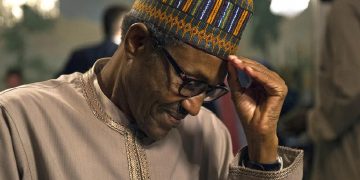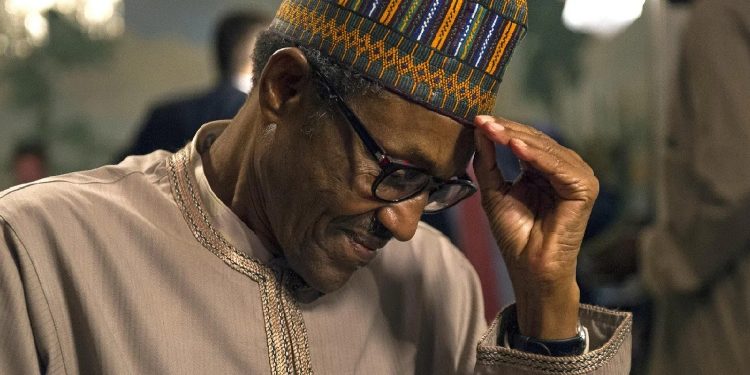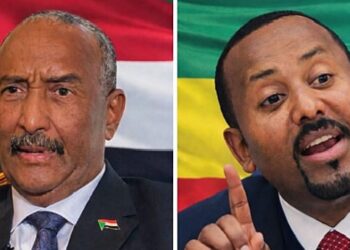By Emmanuel Nduka
The World Bank has observed that Nigeria’s economy under the current administration led by President Muhammadu Buhari, is worse than it was 10 years ago.
The findings are contained in the Bank’s flagship report for 2022, titled ‘Global Economic prospect’.
The report said the hike in food prices could amplify the negative impact of increased poverty on economic growth, and that nearly 110 million people in countries like Nigeria, the Democratic Republic of Congo, Ethiopia, and South Sudan had been in situations characterized by food crises.
“The pandemic has reversed at least a decade of gains in per capita income in some countries—in almost a third of the region’s economies, including Angola, Nigeria, and South Africa, per capita incomes are forecast to be lower in 2022 than a decade ago,” the report said.
The report further mentioned that disruptions to the supply chains or armed conflicts could contribute to surges in food prices, leaving vulnerable groups suffering the most.
“Further rise in food prices would squeeze households’ purchasing power and erode consumer confidence, causing more subdued growth and hindering poverty reduction,” the report added.
The World Bank’s findings from the global bank corroborate a study published by the Economic Community of West African States (ECOWAS), which revealed that many people living on less than $1.90 a day had jumped from 2.3 per cent to 2.9 per cent in 2021, and the debt burden of countries increased amid slow economic recovery, shrinking fiscal space and weak resource mobilization.
Heritage Times recalls that the Bank had heavily criticized Buhari’s fiscal policies last year, noting the negative effect of Nigeria’s Central Bank exchange rate policies on investments and fuel inflation.




































